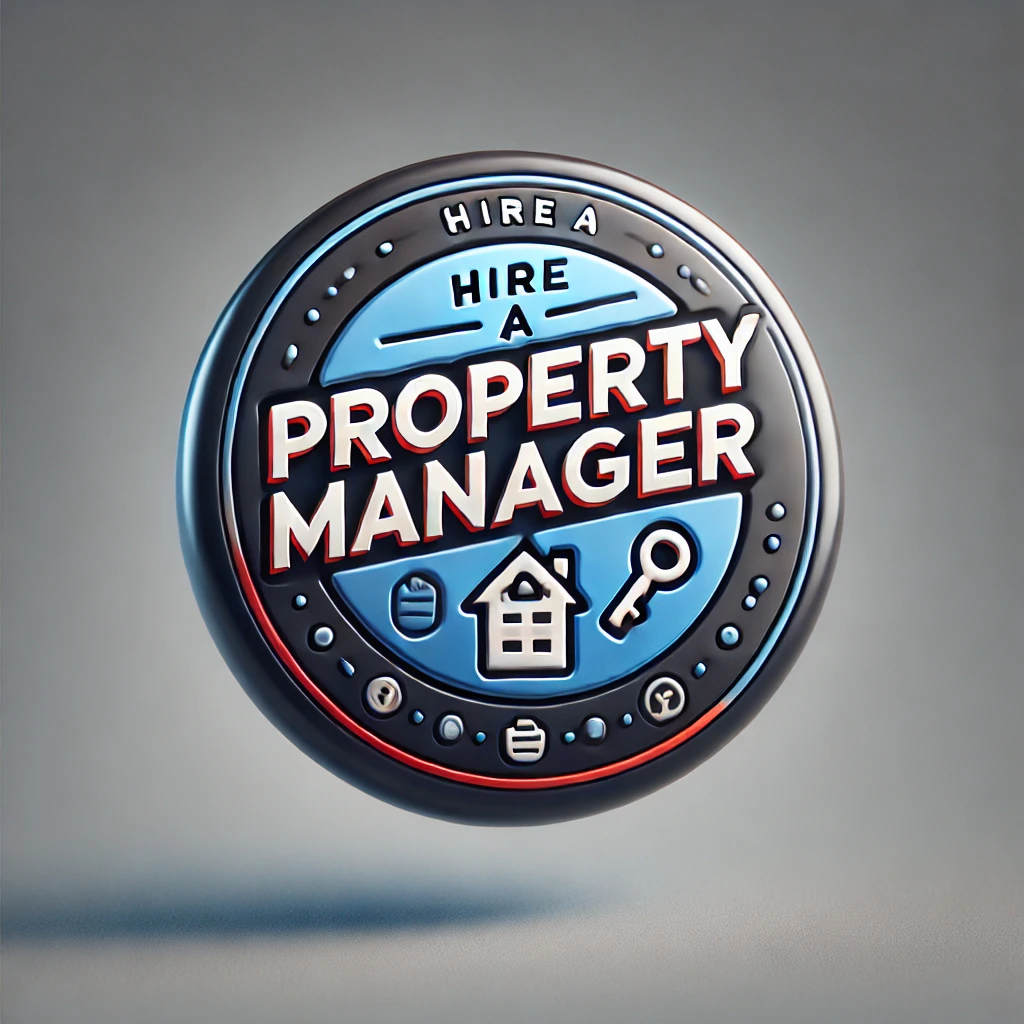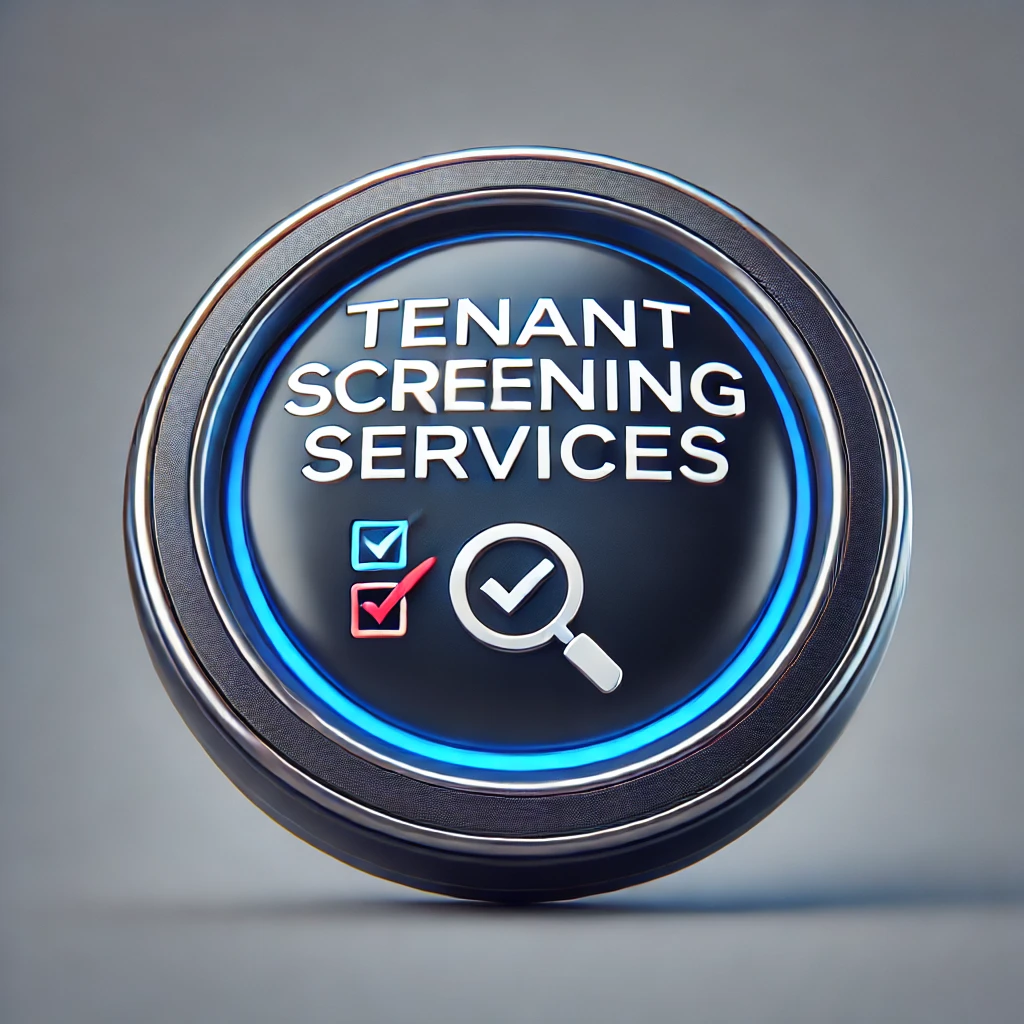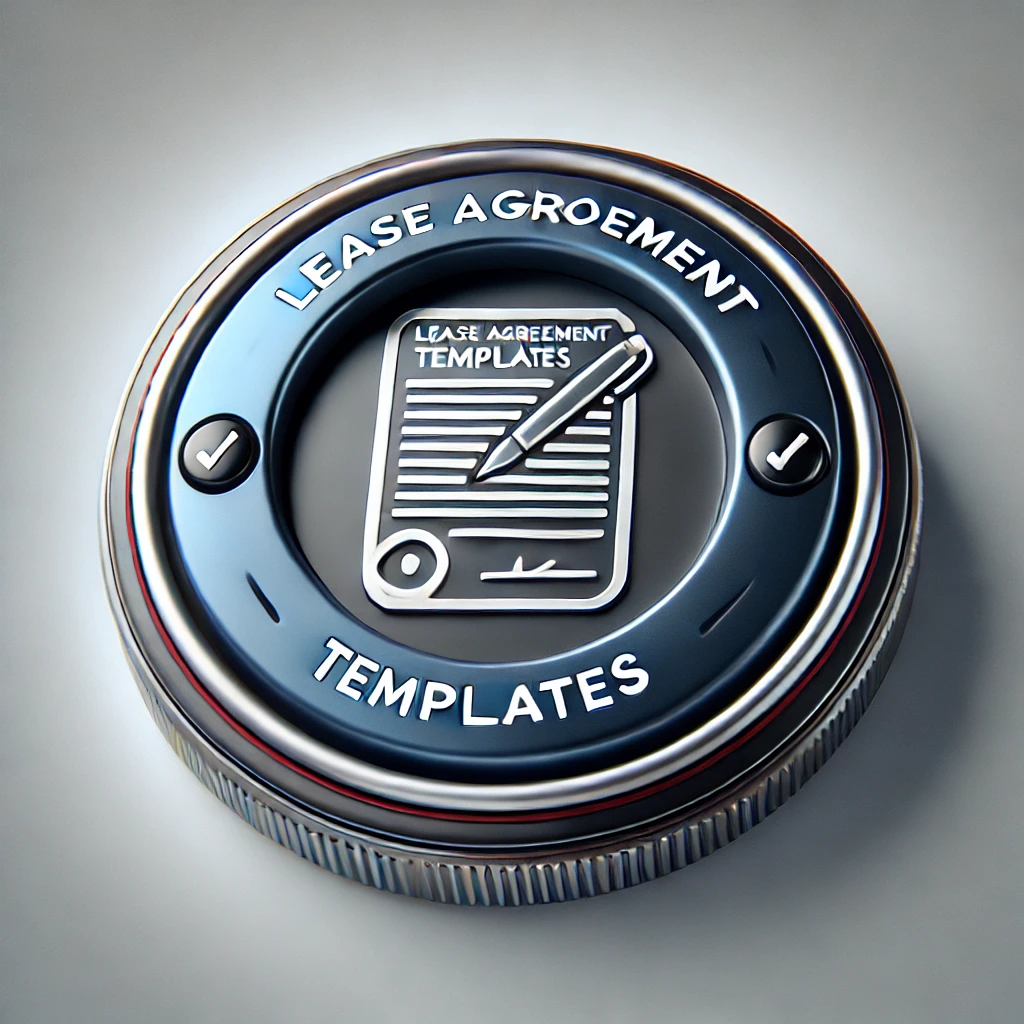
Check out our app!
Explore more features on mobile.
Manage the Investment
Maximize your property’s potential with our step-by-step guide to managing and growing your real estate investments. Whether you’re renting for steady income or flipping for quick profits, you’ll find actionable strategies, expert-backed advice, and trusted online resources to help you every step of the way. For detailed action steps and organized workflow, visit our dedicated Manage the Investment Task Page

Step 1: Plan Your Strategy
For Rentals
Marketing Your Property: Advertise on rental listing websites, social media, or local community boards.
Tenant Screening: Conduct background and credit checks, verify income, and contact references.
Lease Agreement: Use a legally compliant lease that clearly states rent amount, due dates, late fees, and maintenance responsibilities.
For Flips
Start Renovations Quickly: Focus on high-ROI improvements first (kitchens, bathrooms, curb appeal).
Manage Timelines & Budgets: Keep a detailed schedule and cost breakdown to avoid project overruns.
Exit Strategy: Decide whether to list the flipped property with an agent or sell it yourself once renovations are complete.
Why This Matters: Choosing the right operational approach for your investment type—rental or flip—helps you maximize income and minimize delays or expenses. Solid planning upfront sets the stage for profit and smooth day-to-day management.
Step 2: Track Your Income & Expenses
Detailed Record-Keeping
Income Sources: Rent payments, late fees, or any additional charges (e.g., pet fees).
Expenses: Mortgage payments, repairs, maintenance, utilities (if included), property taxes, and insurance.
Software & Spreadsheets
Property Management Software: Tools like Cozy, Avail, or Buildium can automate rent collection and expense tracking.
Spreadsheets: Simple but effective if you manage fewer properties or prefer manual data entry.
Tax Filing & Profitability
Simplify Tax Time: Well-organized records make filing easier and help you identify all eligible deductions.
Monitor Performance: Regularly review financial statements to spot trends and adjust your investment strategy.
Why This Matters: Accurate bookkeeping not only helps you stay compliant with tax regulations but also provides insights into how profitable your property truly is. This data guides smarter decisions about rent adjustments, repairs, and potential expansions.
Step 3: Maintain Your Property
Prompt Repairs
Tenant Relations: Quick responses to repair requests boost tenant satisfaction and reduce turnover.
Prevent Damage: Small issues (e.g., leaks) can become costly if ignored.
Preventative Maintenance
Regular Checkups: Schedule seasonal tasks like HVAC servicing, gutter cleaning, and exterior upkeep.
Preserve Value: Well-maintained properties tend to appreciate more and attract higher-quality tenants or buyers.
Budget for Emergencies
Set Aside Funds: Aim for 5–10% of rental income saved for unexpected repairs (e.g., plumbing, electrical issues).
Insurance Claims: Keep documentation ready if you need to file an insurance claim for major damages.
Why This Matters: Keeping your property in good condition ensures tenant satisfaction, protects your investment’s value, and reduces long-term repair costs. Proactive maintenance is often cheaper and less stressful than dealing with frequent emergencies.
Step 4: Consider Professional Property Management
When to Hire a Manager
Geographic Distance: If you live far from your rental property, a local manager can handle day-to-day tasks.
Time Constraints: For busy professionals or investors expanding their portfolio, delegating tenant relations and property maintenance can be invaluable.
Services Offered
Tenant Screening: Managers often handle background checks, lease signings, and move-in inspections.
Rent Collection: Ensures timely payments and handles late fees.
Maintenance Coordination: They maintain a network of reliable contractors for repairs.
Costs & Benefits
Management Fees: Typically 8–10% of monthly rent plus potential leasing or renewal fees.
Peace of Mind: Saves you time and reduces stress, especially if you have multiple properties.
Why This Matters: Hiring a professional manager can free you to focus on other ventures or additional investments. Though it’s an added expense, the convenience and expertise often offset the cost—especially if it helps you avoid costly mistakes or vacancies.
Action Items
1. Use Property Management Software or Spreadsheets
Centralize your records for rent payments, expenses, and tenant communication.
2. Budget for Routine & Emergency Maintenance
Set aside 5–10% of rental income (or a similar reserve) to handle unexpected repairs.
Summary
1. Strategize Based on Your Investment Type: Whether you’re renting for long-term income or flipping for quick profits, tailor your management approach accordingly.
2. Keep Thorough Financial Records: Track every dollar that goes in or out—this data is crucial for evaluating profitability and simplifying tax filings.
3. Maintain the Property Proactively: Prompt repairs and preventative upkeep protect your asset’s value and retain high-quality tenants.
4. Consider Professional Management: If distance or time constraints prevent hands-on management, a property manager can streamline daily operations.
By planning your operational strategy, staying on top of finances, and addressing maintenance proactively, you’ll position your real estate investment for long-term success and profitability.
Continue to Build Your Team to Help Scale Your Business
Always be on the look out for top tier professionals, you are officially in the rinse and repeat stage of your business. Having a go to pro for each scenario is crucial moving forward!
Essential Property Management Resources
Find the best tools for rental advertising, tenant screening, lease agreements, and property management.
How to Become Financially Free with 5 Small & Simple Rentals
Achieving financial freedom requires a massive portfolio of rentals and decades of effort” is a myth. Here’s a step-by-step plan to build wealth with just 5 small and simple rentals instead.
The Benefits of Hiring a Property Manager | Why You NEED a Property Manager to Succeed
Thinking about rental property? While it can be a great investment, managing tenants, repairs, and emergencies can quickly turn your dream into a stressful mess!
More Investing Tips and Strategies Real Estate
Stay informed with the latest trends, insights, and updates in the real estate world.
Your Tools
Access your tools to manage tasks, update your profile, and track your progress.
Collaboration Feed
Engage with others, share ideas, and find inspiration in the Collaboration Feed.














